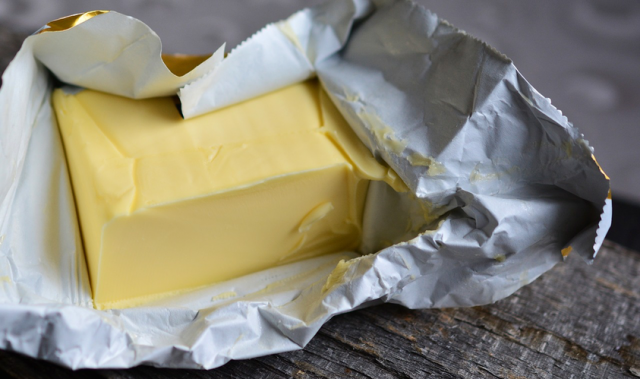
AsianScientist (Dec. 7, 2021) – You’ve probably seen grape seed extract sold as a dietary supplement in health food stores, and now there may be a solid reason to consider adding it to your shopping list. A natural compound in grape seeds increases the health and lifespan of old mice, according to a study published this week in Nature Metabolism.
When exposed to chemicals or radiation, or just by going through the natural aging process, cells lose or alter their normal function. At this point, the cells are considered senescent, developing a senescence-associated secretory phenotype (SASP). The gradual accumulation of these senescent cells is thought to contribute to age-associated decline in physical function and multiple age-related conditions.
A research team led by Professor Sun Yu, a principal investigator from the Shanghai Institute of Nutrition and Health at the Chinese Academy of Sciences, found that a compound extracted from grape seed, a flavonoid called procyanidin C1 (PCC1), can effectively kill senescent cells while leaving normal cells intact.
The team identified PCC1 by screening a panel of 46 plant-derived medicinal agents for their effects on cells.
“At low concentrations, PCC1 appears to inhibit SASP formation, whereas it selectively kills senescent cells at higher concentrations, possibly by promoting production of reactive oxygen species and mitochondrial dysfunction,” wrote the researchers.
To test PCC1’s effects on the body, the researchers injected it fortnightly into 91 old mice aged 24–27 months, the equivalent to a human age of 75–90 years. Sun and his team found that the injections reduced the number of senescent cells, resulting in an increase in the mice’s remaining lifespan by over 60 percent, and increase of 9 percent in their total lifespan.
The researchers propose that PCC1 could potentially be developed as a clinical intervention for delaying, treating or even preventing age-related pathologies.
However, they also emphasized that future research will be needed to determine the exact molecular mechanics of how PCC1 works, and if it works in humans the way it does in mice.
“Although PCC1 injections appear to have been well tolerated in mice in preclinical trials, research is needed to establish what constitutes a safe dose and whether these findings are applicable to humans,” the researchers wrote.
The article can be found at: Xu et al. (2021) The flavonoid procyanidin C1 has senotherapeutic activity and increases lifespan in mice.
———
Source: Chinese Academy of Sciences; Photo: Shutterstock.
Disclaimer: This article does not necessarily reflect the views of AsianScientist or its staff.












